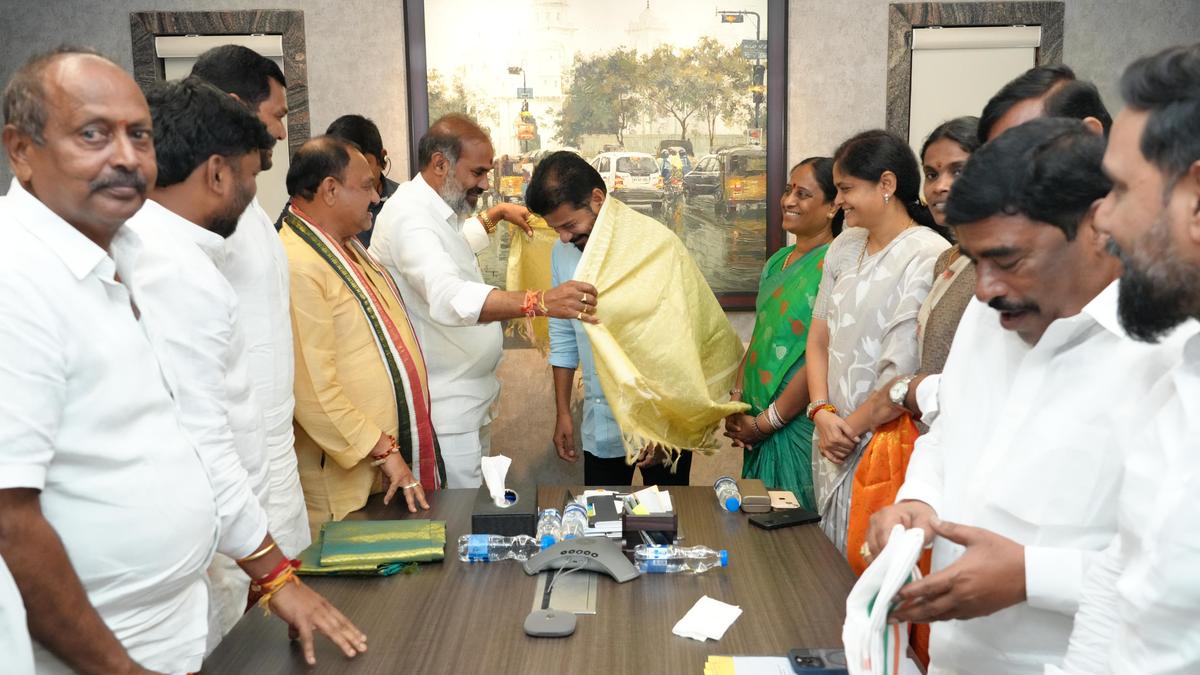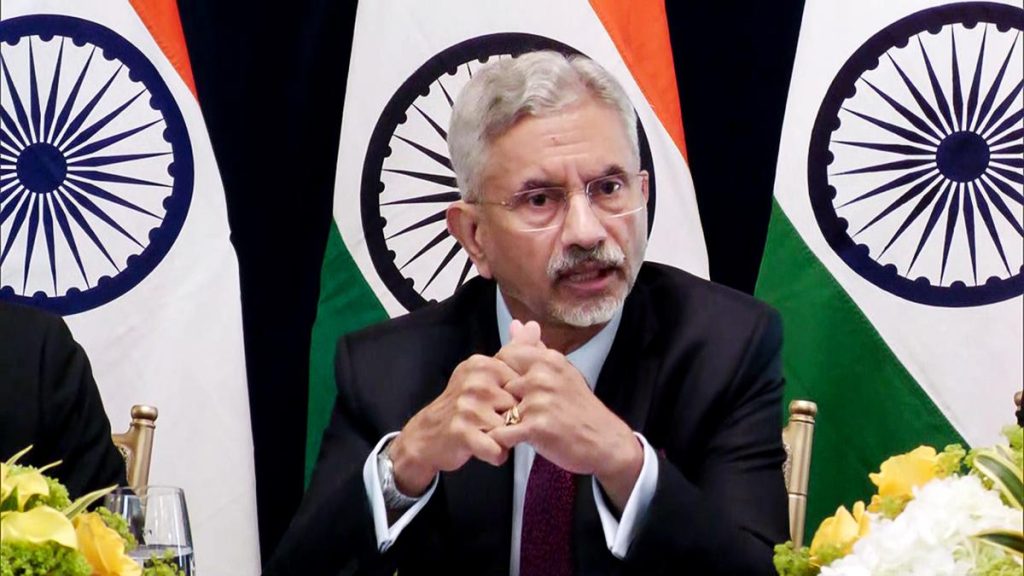Now Reading: Telangana CM Defends Caste Survey as Robust and Transparent
-
01
Telangana CM Defends Caste Survey as Robust and Transparent
Telangana CM Defends Caste Survey as Robust and Transparent

Rapid Summary:
- Chief minister A.Revanth Reddy announced that Telangana’s caste survey is a robust and transparent model, praised as a “role model for the nation” by leaders, including Rahul Gandhi.
- The Telangana government implemented 42% reservations for Backward Classes (BCs) in local bodies, described as a historic achievement.
- Prominent Congress BC leaders, including Government Whip Adi Srinivas, TPCC president Mahesh Kumar Goud, and Minister Konda Surekha felicitated the CM for this landmark decision.
- The CM highlighted the voluntary participation of people in the caste census with guaranteed data digitization and security to avoid legal or procedural challenges.
- Mr. Reddy contrasted BJP’s policies on social equity with Telangana’s initiative and underscored his government’s commitment to BC empowerment through inclusive policy-making.
Indian opinion Analysis:
The implementation of 42% reservations for Backward Classes (BCs) in local bodies by the Telangana government marks an vital moment in India’s approach toward addressing social inequities through affirmative action. By conducting what is claimed to be one of the most robust caste surveys in India, Telangana sets an example regarding operational openness and voluntary public participation-key components needed when undertaking identity-based policymaking within a diverse democracy like India.
This move could have broader implications across India as it addresses longstanding demands for proportional representation among marginalized communities at grassroots levels while setting tangible policy precedents other states may consider mirroring. Ensuring digitized storage alleviates risks around data integrity-a critical factor given potential future legal scrutiny over such population assessments or reservation initiatives.
As progress on affirmative action continues nationwide amid political differences over prioritization of community representation versus broader equity measures, it remains vital that such initiatives are implemented inclusively without alienating other communities reliant upon similar mechanisms.
For more details: Link






















